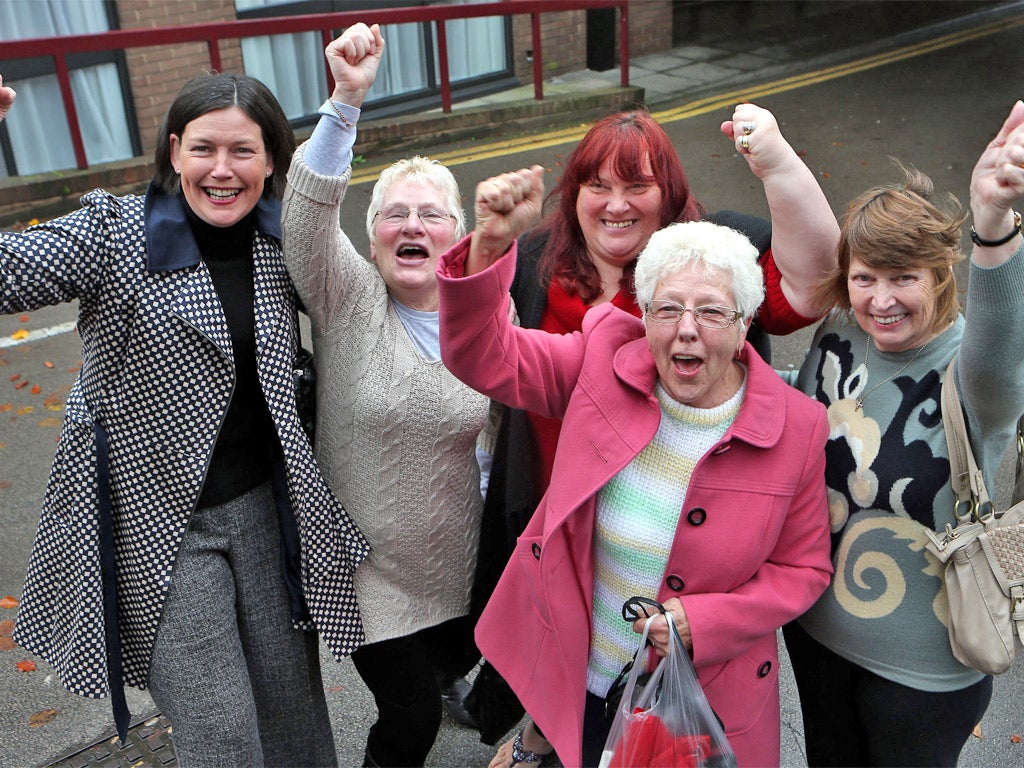Equal pay ruling opens door for women to take employers to court

Employers face the prospect of battling discrimination claims years after an employee has left their company following a landmark Supreme Court ruling yesterday.
More than 170 women who worked in low-paying jobs for Birmingham City Council and claim they were paid less than their male colleagues won the right to have their discrimination case heard in the courts.
The ruling means that historical equal-pay disputes can be heard in the civil courts and not just in employment tribunals, which only deal with cases that are brought within six months of someone leaving their job. The dispute has been rumbling on for more than three years. The women, who worked as cleaners, cooks, caterers and care staff, said they were excluded from getting bonuses that were handed to employees in traditionally male-dominated jobs such as refuse collection.
Between 2007 and 2008 Birmingham City Council paid out thousands of pounds to women bringing compensation claims, but only for those who did so within six months of leaving their jobs. Those who were left out of the original compensation claims took their case to the High Court, which has a much longer six-year time frame in which a claim can be brought.
Lawyers for Birmingham City Council argued that the case should be struck out because the civil court was not the correct jurisdiction to decide equal-pay claims. The High Court and later the Court of Appeal found in favour of the women. Birmingham took the case to the Supreme Court but lost yesterday after a 3-2 judgment in favour of the women.
The judges, led by Lord Wilson, ruled that while it would be more convenient for most cases to be dealt with in employment tribunals, the civil courts were still a suitable forum to hear cases that couldn't be heard in employment tribunals.
Joan Clulow, who worked for 25 years as a home help for Birmingham City Council around the Bartley Green area, said she was upset over news that men had been paid more than her and her female colleagues when they had been working just as hard. "I'm angry at how they treated us for what we've done for them," the 71-year-old said following yesterday's ruling. "We've always been there for them and never refused. It was always a team effort."
The law firm Leigh Day & Co, which represents the women, described the judgment as "historic". In a statement, it said the ruling "effectively extends the time limit for equal-pay claims from six months to six years, the biggest change to equal pay legislation since it was introduced in 1970, with huge implications for thousands of workers".
Chris Benson, one of the layers representing the women, said it could mean payouts for thousands of women at local authorities across the country who were paid less than their male colleagues. "We think the claim for the first 174 claimants is worth around £2m, obviously there's about another 1,000 people that have contacted us so that's probably another £10m," he said. "Across the country in local authorities and in the private sector could be tens of millions."
170
Number of women who worked for Birmingham for less money than men
Join our commenting forum
Join thought-provoking conversations, follow other Independent readers and see their replies
Comments
Bookmark popover
Removed from bookmarks